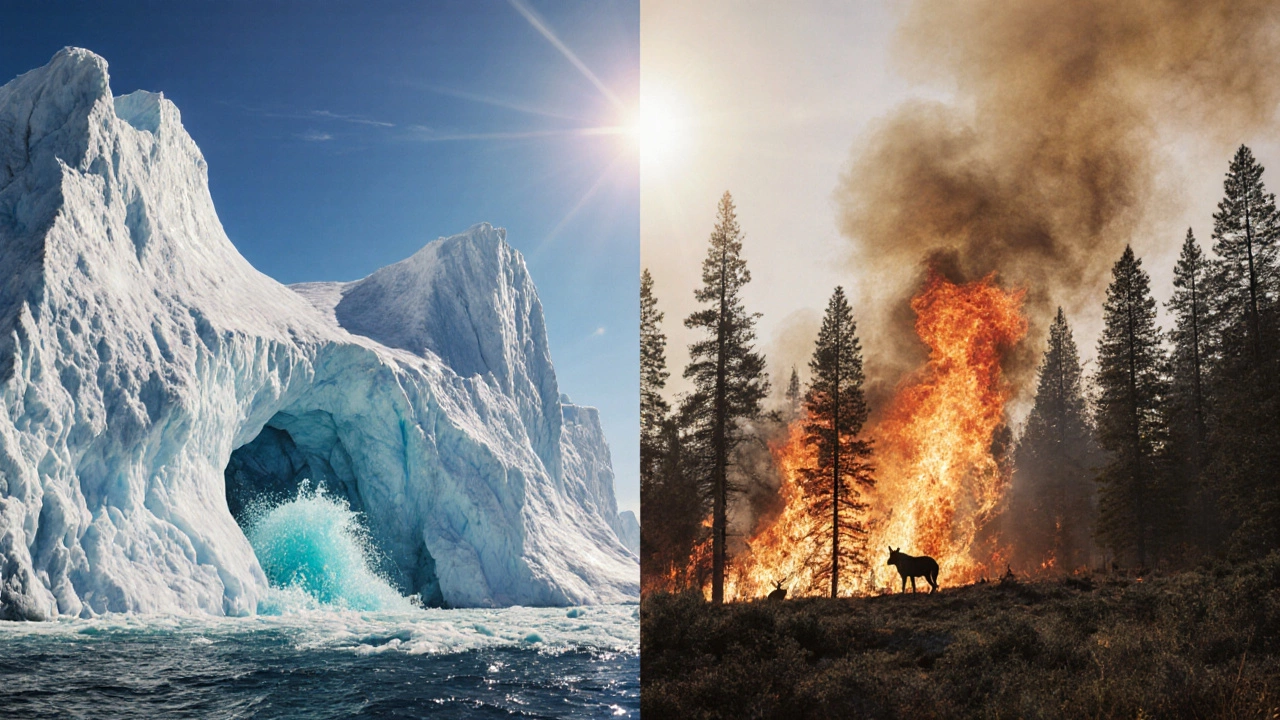Plastic Pollution: Understanding the Issue and Community Action
When talking about plastic pollution, the buildup of discarded plastic in land, water, and air that harms wildlife, ecosystems, and human health. Also known as plastic waste, it covers everything from massive grocery bags to invisible micro‑fibers. This problem isn’t just about trash – it reshapes the way nature works, clouds our drinking water, and even sneaks into the food we eat. In short, plastic pollution is a clear example of how a single material can upset whole systems.
Why Plastic Pollution Matters for the Whole Environment
One way to see the ripple effect is through environmental services, the benefits nature provides like clean air, water filtration, and pollination. When plastic clogs rivers, it reduces the regulating service of water purification; when it litters beaches, it harms the cultural service of recreation and tourism. The provision of clean fish stocks drops as marine life swallows micro‑plastics, and supporting services such as nutrient cycling are disrupted by plastic fragments that linger for centuries. Understanding these four categories – provisioning, regulating, cultural, and supporting – shows why tackling plastic waste is essential for a healthy environment.
Community outreach and volunteer initiatives are the practical tools that bridge knowledge and action. community outreach, organized efforts to educate, engage, and mobilize local residents around a common cause equips people with the skills to sort waste, organize clean‑up drives, and lobby for better waste‑management policies. Volunteer programs, often run by environmental organizations, turn these ideas into hands‑on projects that remove litter from streets, rivers, and schools. By linking volunteerism with the goal of restoring healthy environments, communities can directly curb the flow of plastics into ecosystems. In practice, a neighborhood clean‑up not only removes visible debris but also sparks conversations that shift attitudes toward single‑use packaging, creating a feedback loop where awareness leads to better habits, which in turn reduces future pollution.
All of this means that anyone interested in a cleaner world can find a role – whether it’s joining a local clean‑up crew, supporting an environmental charity, or simply learning how plastic waste damages the services we rely on every day. Below you’ll discover articles that dive deeper into how community outreach, volunteer skills, and sustainable practices intersect with the fight against plastic pollution, giving you concrete steps you can take right now.

What Is the Biggest Environmental Threat Today?
- Nov, 21 2025
- 0
Climate change is the biggest environmental threat today, driving biodiversity loss, ocean acidification, and extreme weather. It's not just about warming - it's about collapsing ecosystems that support all life. Action is still possible, but time is running out.

The Greatest Threat to Earth: Climate Change and Other Critical Risks
- Oct, 13 2025
- 0
Explore the biggest risks facing Earth-climate change, biodiversity loss, plastic waste, deforestation, nuclear conflict-and learn actionable steps to protect our planet.
Categories
- Volunteering (40)
- Environment (38)
- Youth Programs (34)
- Charity Events (31)
- Homelessness (30)
- Community Outreach (28)
- Charitable Organizations (26)
- Community Support (18)
- Finance (14)
- Education (10)
Archives
- February 2026 (3)
- January 2026 (7)
- December 2025 (10)
- November 2025 (8)
- October 2025 (23)
- September 2025 (4)
- August 2025 (8)
- July 2025 (31)
- June 2025 (29)
- May 2025 (30)
- April 2025 (31)
- March 2025 (30)
- community outreach
- charity events
- after-school clubs
- community service
- charitable trust
- philanthropy
- volunteering
- homeless shelters
- environmental groups
- volunteer opportunities
- community engagement
- charitable giving
- estate planning
- mental health
- charity
- student engagement
- community help
- donations
- volunteer
- youth organizations